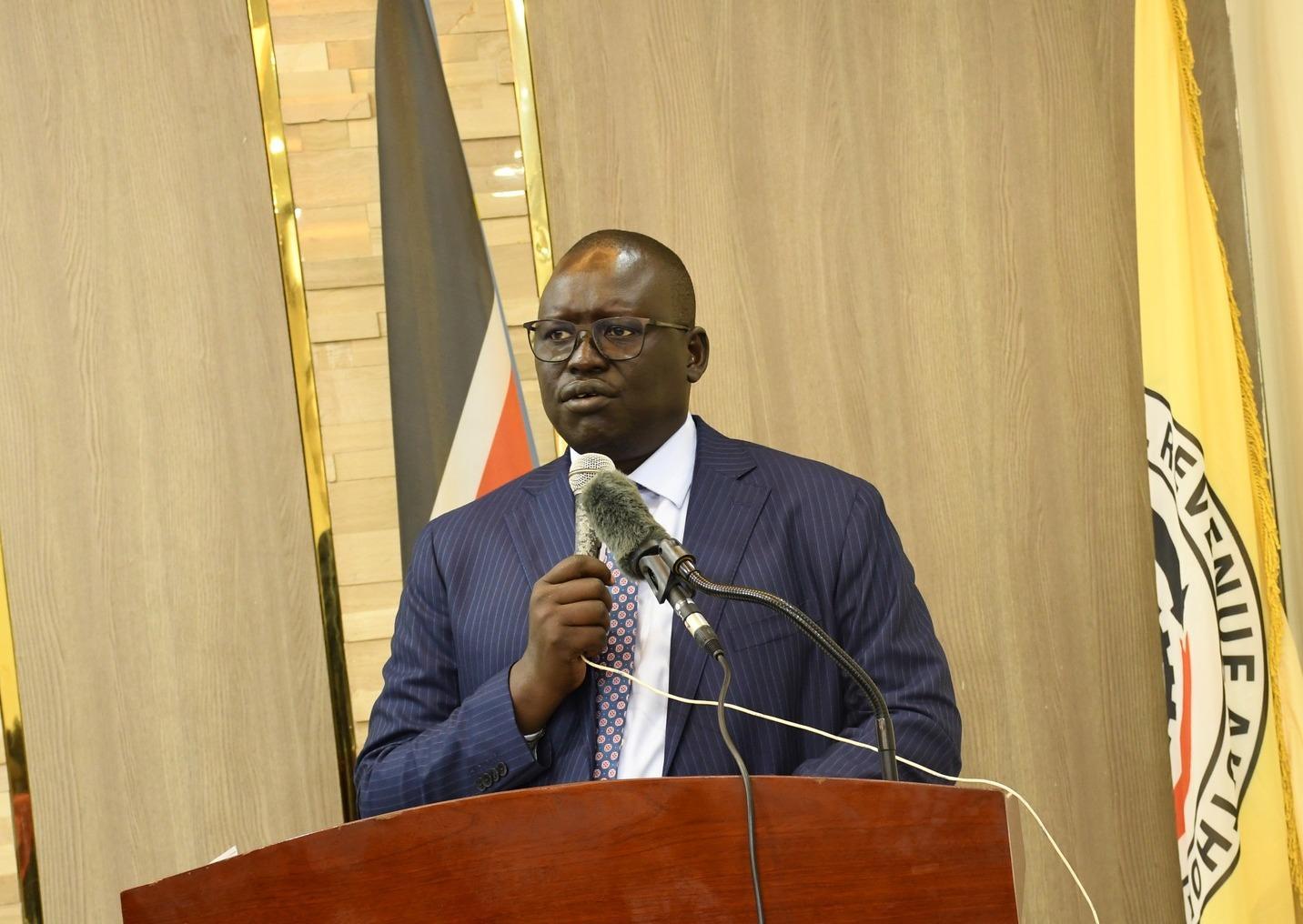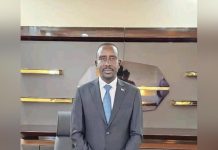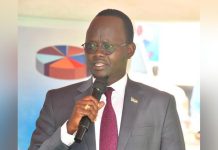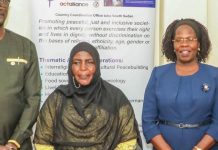Africa-Press – South-Sudan. The Commissioner-General of the South Sudan Revenue Authority (SSRA), Simon Akuei Deng, has called on businesses to clear any outstanding withholding taxes as the country prepares to introduce the Value Added Tax (VAT).
Speaking during a workshop organized by the SSRA in partnership with the Ministry of Finance and Planning and the World Bank on Wednesday, Akuei said South Sudan is set to implement VAT alongside the existing consumption tax.
According to him, the current sales tax that they are implementing for the 2024-2025 reports is actually 1.7% compared with other regions of the EAC that have 30 % minimum.
“South Sudan is set to roll out VAT alongside the consumption tax,” Akuei explained. “Together with VAT, we are introducing an electronic receiving and invoicing system to digitize transactions, improve accountability, and minimize human interference in tax administration.”
He said the new system will not only enhance efficiency but also ensure transparency for donor-funded projects.
“This form will not only improve efficiency, but also provide donor projects with assurance, transparency, and easy-to-use systems for fulfilling their tax obligations,” he added.
Akuei noted that while late payments usually attract penalties, the Authority will waive all penalties for accumulated withholding taxes up to the 4th of November 2025 to give businesses time to comply.
“Normally, when you don’t pay on time, it attracts penalties,” he said. “But because of our failure to engage and sensitize you on time, from the 4th of November 2025 going backwards there will be no penalties. Whatever accumulated withholding tax you have, please remit it to the government account.”
The workshop, held at the SSRA headquarters in Juba, focused on improving tax compliance and addressing challenges related to donor-funded projects. It brought together officials from the Revenue Authority, the Ministry of Finance, development partners, and the private sector to discuss ways to enhance transparency and efficiency in tax administration.
The Undersecretary for Planning at the Ministry of Finance and Planning, Benjamin Ayali Koyongwa, reminded managers of donor-funded projects that they are not exempt from paying taxes, although certain project assets may qualify for exemptions.
“For donor-funded projects, the persons managing the projects are not exempted,” Koyongwa clarified. “But the equipment and vehicles used for project operations are exempted, as provided for within the financing agreements we sign with donors.”
He further emphasized that under the South Sudan Revenue Authority Act, 2016 (as amended), only SSRA and its designated officials are authorized to collect taxes.
“According to the law, the Revenue Authority collects funds on behalf of the government,” he said. “If anybody other than SSRA or its designated officials comes to your office requesting taxes, you should object.”
The Commissioner-General concluded by urging businesses to cooperate fully with the ongoing reforms, stressing that digitization and compliance are key to improving South Sudan’s domestic revenue mobilization.
For More News And Analysis About South-Sudan Follow Africa-Press






